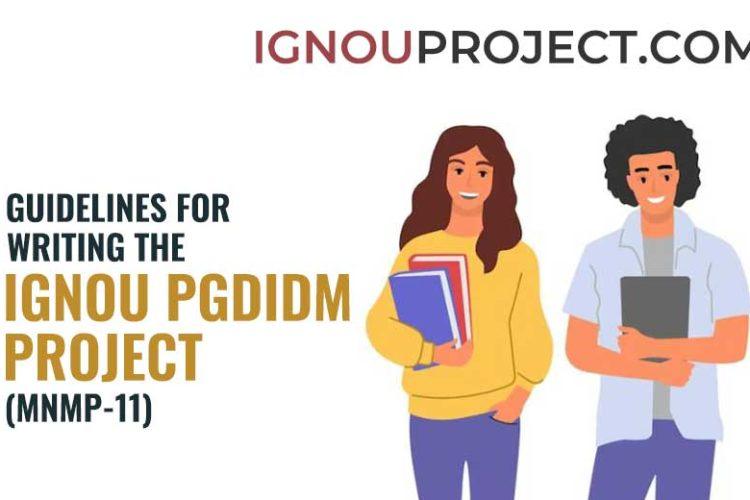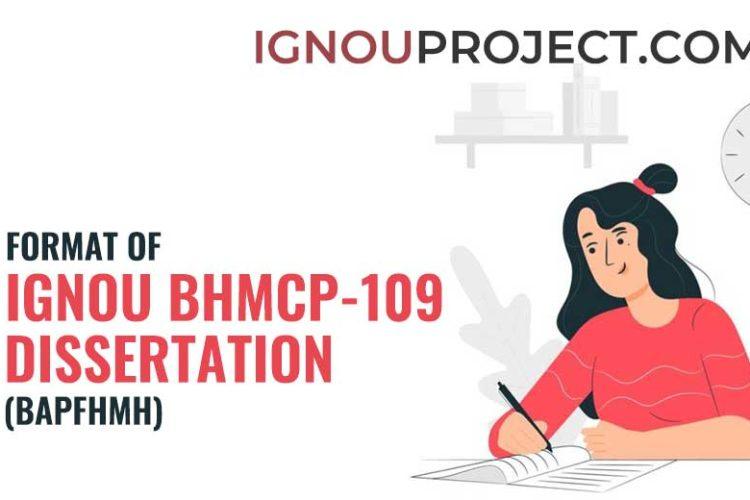
A Brief Overview of the IGNOU BLIS Internship Report
The Bachelor of Library and Information Science course of the IGNOU BLIS Internship Report program at the Indira Gandhi National Open University (IGNOU) is for people who want to get professional training in library and information science. The IGNOU BLIS Internship Report (BLII 230) usually has an internship part to it. Internships are a useful part of the program because they give students experience working in real library and information service settings.
The job is an important part of learning because it gives students the chance to put what they’ve learned in the classroom into practice, learn how libraries and information centers work, and improve their professional skills.
Whatsapp us to get the IGNOU BLIS Internship Report
Download PDF Link for IGNOU BLIS Internship Report (BLII 230)
An element of the IGNOU BLIS Internship Report
While the specific requirements for the IGNOU BLIS Internship Report can vary, it generally includes the following components:
- Introduction: This section provides an overview of the internship, including the objectives, the host institution (library or information center where the internship was conducted), and the duration of the BLII 230 internship.
- Objectives of the Internship: Here, you detail the aims or learning outcomes you intended to achieve through your internship experience.
- Profile of the Host Institution: This part involves a comprehensive description of the host institution, including its history, mission, types of services offered, clientele served, and organizational structure.
- Description of Work Carried out: This is a detailed account of the tasks and projects you undertook during your internship. It should reflect the range of activities performed and skills learned or applied, including cataloging, classification, reference service, digital library services, and any special projects.
- Learning Experience: Reflect on your experience during the internship. Discuss what you learned, how it contributed to your understanding of library and information science, and how it prepared you for a professional career in the field. Highlight any challenges faced and how you overcame them.
- Conclusion and Recommendations: Summarize your overall internship experience, its value to your education and future career, and any suggestions you have for improving the internship program.
- Appendices: Include any relevant documents that support your report, such as your daily log or diary, letters of assignment, certificates of completion, and any work samples produced during the internship.
You can discuss problems or criticisms of the host institution in your report. Being honest and thoughtful in your report is important. You can talk about problems or ways that the host school could do better in your report. But these kinds of feedback should be given in a constructive way, with a focus on what the experiences taught you and how they could be used to make library and information services better or grow.
What should you do if your internship was conducted online?
When conducting an online internship, you should consider a few factors for an accurate reflection in your IGNOU BLIS Internship Report.
1. Clarify the Remote Nature of the Internship:
- In the host institution section of the introduction or profile, make it clear that I conducted the internship remotely. This sets the context for the rest of your BLII 230 report.
2. Detail the Remote Working Setup:
- Describe the tools and platforms used for communication and task management (e.g., Zoom, Slack, email, and project management software).
- The host institution structured the remote environment to facilitate the discussion of internship tasks and learning for me.
3. Explain Your Tasks and Projects:
- Just like in a traditional internship, detail the tasks and projects you were involved in. Highlight how these were adapted for remote work, if applicable.
- Discuss any specific challenges you faced in completing these tasks remotely and how you overcame them.
4. Reflect on the Remote Work Experience:
- Reflect on the skills you developed or enhanced through remote work, such as digital communication, self-motivation, time management, and adaptability.
- Consider discussing any insights gained about remote work in the library and information science fields and how it impacts service delivery, user engagement, and team collaboration.
5. Discuss communication and collaboration:
- Describe how you communicated and collaborated with your supervisors and any other team members. Highlight any strategies that were effective or challenges you encountered.
- If applicable, discuss how the organization supported remote interns and facilitated a sense of inclusion and engagement with the team.
6. Evaluate the learning experience:
- Assess how the remote internship met the objectives set out at the beginning. Reflect on the effectiveness of the remote format in providing a meaningful learning experience.
- Consider whether there were opportunities that were uniquely available in a remote format that might not have been possible in a traditional setting.
7. Offer recommendations:
- Based on your experience, suggest any improvements for future remote internships, both for the host institution and for IGNOU’s internship program guidelines.
- These could relate to communication practices, project management, remote intern engagement, or any tools and technologies used.
8. Maintain regular communication with your academic supervisor:
- Throughout your remote internship, keep in regular contact with your academic supervisor at IGNOU. Share updates on your progress and any challenges you’re facing.
- Seek their input on how best to document and reflect on your remote internship experience in your report.
Can you include photographs or other multimedia in your BLII 230 report?
Including photographs, charts, or other multimedia elements can enhance your report, provided they are relevant to your discussion and appropriately captioned. However, ensure that you have the right to use these materials and that they comply with any privacy or confidentiality policies of the host institution.
What if you didn’t complete the expected number of internship hours?
If you were unable to complete the required hours due to unforeseen circumstances, communicate this as soon as possible to your academic supervisor. Depending on the situation, you might be given an extension, an alternative assignment, or other accommodations to fulfill your program requirements.
What citation style should you use in your report?
In the IGNOU BLIS Internship Report, it’s important to use the style of reference that your program’s rules or your academic supervisor tells you to use. If IGNOU hasn’t told you which citation style to use for the BLIS program or your job report, it’s best to stick to a style that is widely accepted in the library and information science fields.
The American Psychological Association (APA) style is frequently used in the social sciences, including library and information science, and is a common choice for academic and professional writing in this field. It provides guidelines for formatting documents and citing sources in your text and in your reference list.
Here are a few reasons why APA or a similar citation style might be recommended:
- Consistency: Using a standardized citation style helps maintain consistency in how you reference other works, making your report more professional and easier to read.
- Credibility: Proper citation adds credibility to your report by acknowledging the contributions of other researchers and practitioners in the field.
- Avoiding Plagiarism: Properly citing all sources of information and ideas that are not your own helps avoid plagiarism, a serious academic offense.
Some general tips for using citation styles in your BLII 230 report:
- Consistency is Key: Whichever style you choose or are instructed to use, apply it consistently throughout your entire report.
- Use Citation Tools: Consider using citation management tools like Zotero, Mendeley, or EndNote to help organize your sources and generate citations and bibliographies in the correct style.
- Refer to the Official Guide: Whether you’re using APA, MLA, Chicago, or another style, refer to the official style guide or reliable online resources for specific rules and examples.
- Check for Updates: Citation styles are periodically updated, so make sure you’re using the most current version of the style guide.
FAQs (Frequently Asked Questions) for IGNOU BLIS Internship Report
1. How do I choose the institution for my internship?
Answer: Choose an institution that offers a comprehensive learning experience relevant to your BLIS studies. It could be a public library, an academic library, a special library, or any other information service setting. Consult with your academic supervisor for recommendations and approval before starting your internship.
2. What is the duration of the internship?
Answer: The duration of the internship may vary based on IGNOU’s requirements and the host institution’s policies. Typically, it might range from a few weeks to a couple of months. Check the current BLIS program guidelines or consult with your academic supervisor for specific requirements.
3. Can I do my internship in a non-traditional library setting?
Answer: Yes, internships in non-traditional settings like digital libraries, information technology companies with a focus on information services, or archival centers are often allowed, as long as the experience is relevant to library and information science. However, it’s important to get prior approval from your academic supervisor at IGNOU.
4. What if I encounter difficulties during my internship?
Answer: If you face any challenges during your internship, communicate them to your supervisor at the host institution and your academic supervisor at IGNOU. They can provide guidance, support, and, if necessary, mediate to resolve any issues.
5. How should I document my daily activities during the internship?
Answer: Keep a detailed daily log or diary of your activities, tasks completed, observations, and reflections. This will not only help you in writing your internship report but also serve as a record of your practical experience and learning.
Read More:
- IGNOU Bachelor of Library and Information Sciences (BLIS) Course | School of Social Sciences (SOSS)
- IGNOU BLIS Result
- IGNOU BLIS Assignment
Ready to get your IGNOU BLIS Internship Report Sample PDF for BLII 230?
- Call us or WhatsApp us at: 9958947060, 9354637830
- Visit: IGNOUPROJECT.COM

